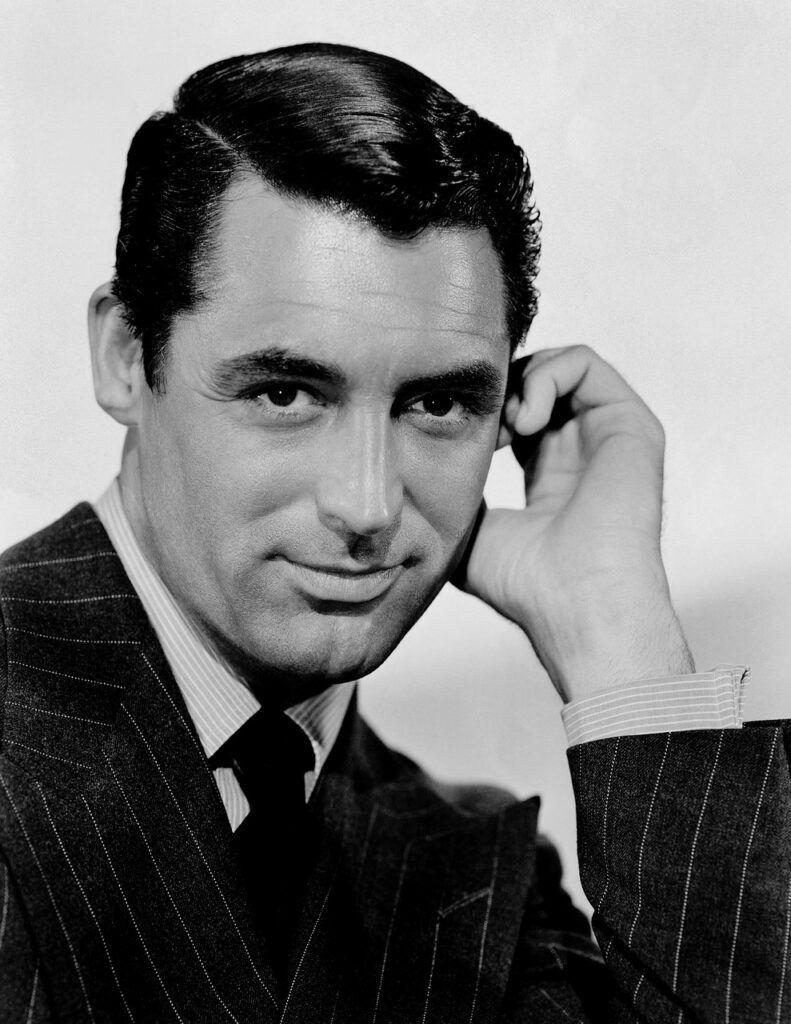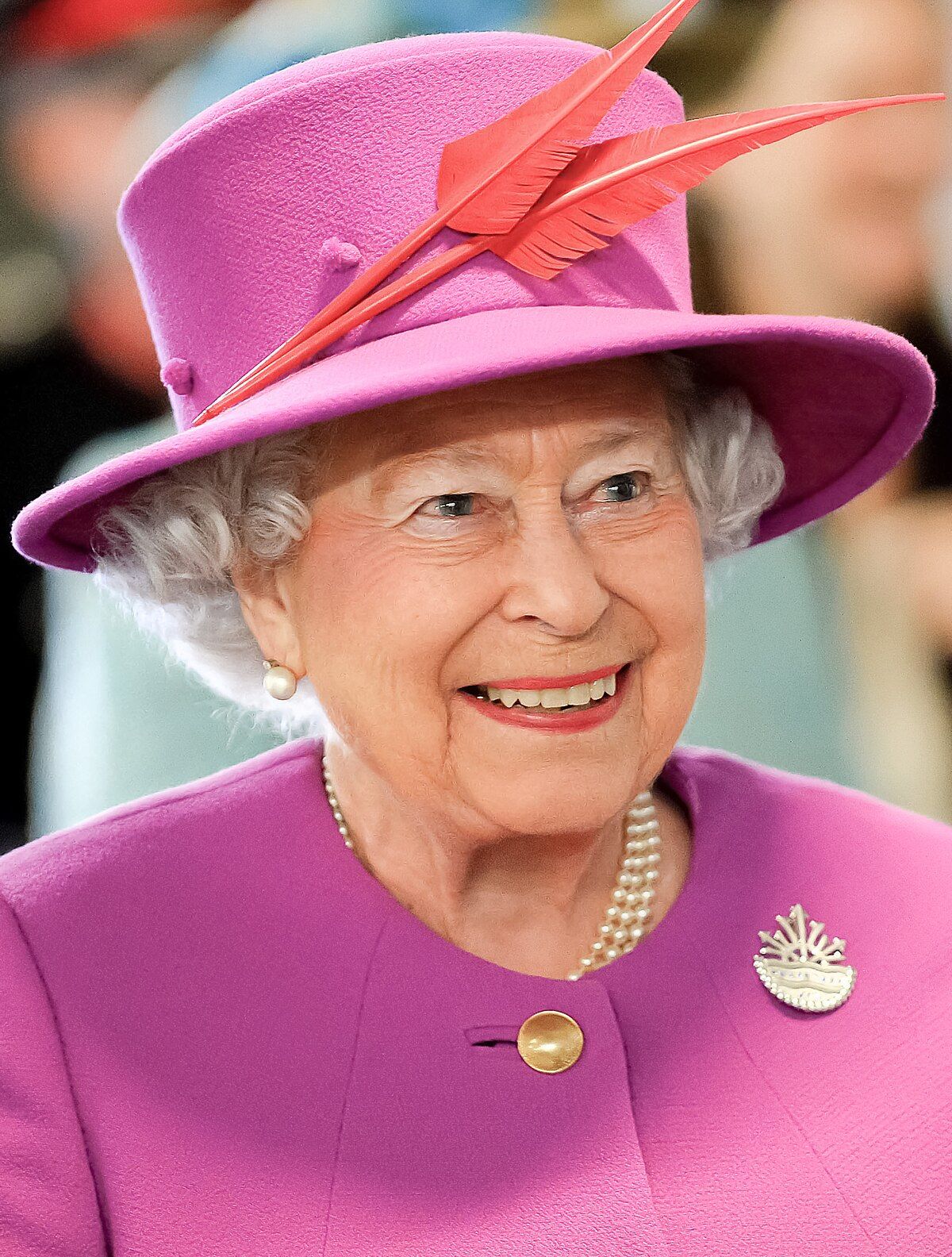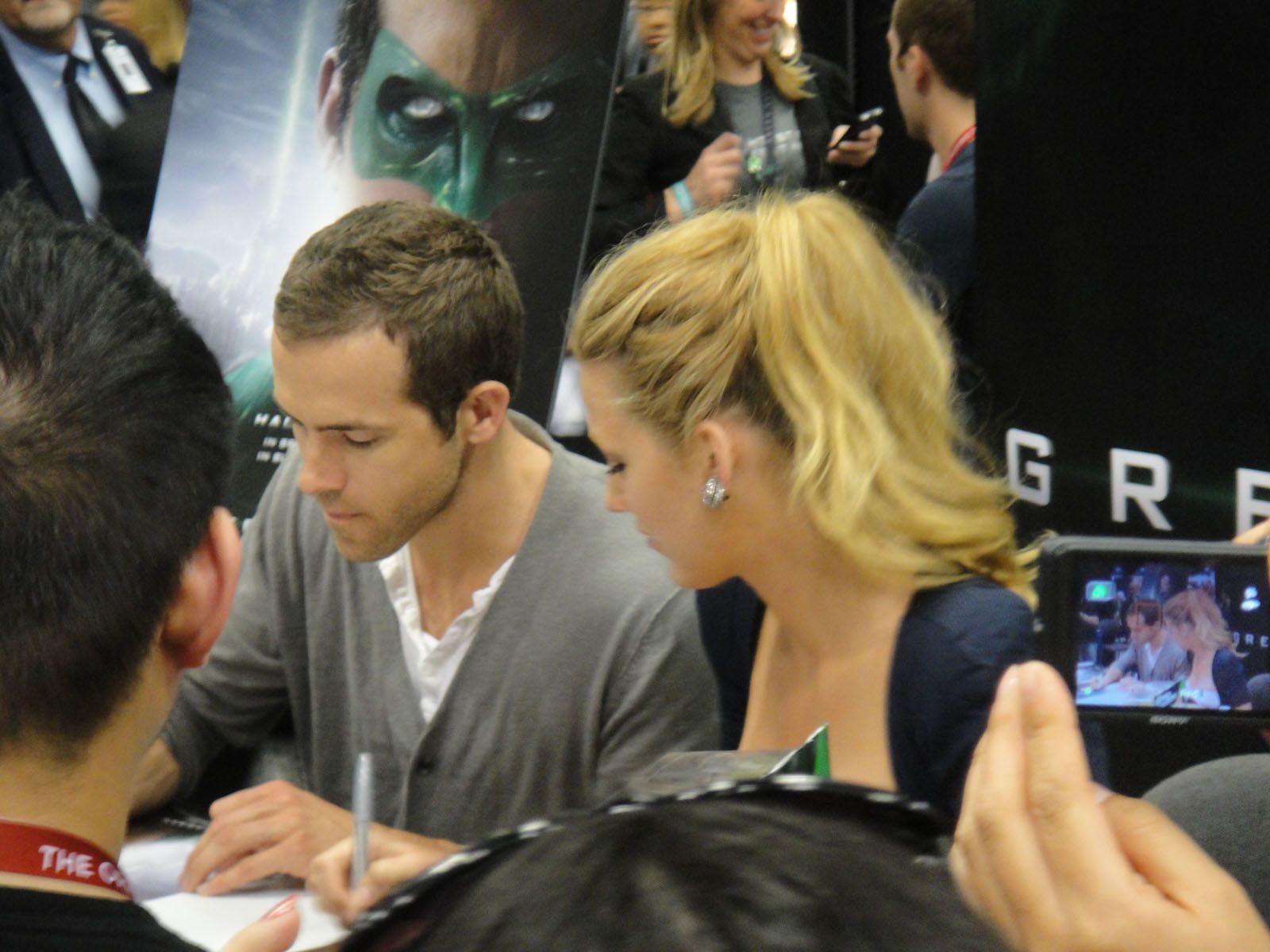
A prominent lawsuit has emerged from Hawaii, leveling serious allegations against Los Angeles Dodgers superstar Shohei Ohtani and his agent, Nez Balelo. At the heart of the dispute is a $240 million luxury housing development on the Big Island’s sought-after Hapuna Coast. The legal action, filed by a seasoned real estate investor and a broker, claims that the celebrated baseball figure and his representative orchestrated their termination from a project they conceived and cultivated over a decade.
Kevin J. Hayes Sr., a developer with four decades of experience, and real estate broker Tomoko Matsumoto, who was slated to be the listing agent for homes averaging $17.3 million each, are the plaintiffs in this high-stakes legal challenge. They allege that Ohtani and Balelo exploited their significant celebrity influence to undermine and ultimately dismantle their integral role in the ambitious development, purportedly driven by their own financial self-interest.
The lawsuit, lodged in Hawaii Circuit Court, specifically accuses Ohtani and Balelo of tortious interference and unjust enrichment. These claims extend beyond the primary housing project, with Hayes and Matsumoto asserting that the defendants also attempted to sabotage their interests in a second, adjacent venture, further complicating the intricate business landscape.
The core of the plaintiffs’ complaint paints a picture of substantial power imbalance. They contend that the case is fundamentally “about abuse of power,” asserting that the defendants employed “threats and baseless legal claims to force a business partner to betray its contractual obligations and strip Plaintiffs of the very project they conceived and built.” This sentiment underscores a desire for accountability, irrespective of public stature.

The plaintiffs explicitly state their intention for this legal action. Their suit declares, “Defendants must be held accountable for their actions, not shielded by fame or behind-the-scenes agents acting with impunity.” It emphasizes that they “bring this suit to expose Defendants’ misconduct and to ensure that the rules of contract, fair dealing, and accountability apply equally to all—celebrity or not.”
The project in question, known as The Vista at Mauna Kea Resort, is positioned as a high-end residential offering. Investment materials that remained accessible online listed Hayes and Matsumoto as part of the management team, alongside Kingsbarn Realty Capital. These materials prominently featured Ohtani, labeling him “Japan’s Babe Ruth” and notably, the “1st Resident,” showcasing his unparalleled billing even above the venerable Mauna Kea Resort, which is recognized as “one of the most celebrated hotels in Hawaii,” and Hapuna Beach, lauded by Conde Nast Traveler as the “#1 beach in America.”
Further highlighting the development’s luxury appeal and its natural surroundings, the project boasts proximity to two distinguished golf courses, one masterfully designed by Arnold Palmer and the other by Robert Trent Jones Sr. This array of amenities was central to the marketing strategy aimed at attracting an exclusive clientele.
The investment brochure explicitly outlined Ohtani’s anticipated involvement in the venture. It stated that “Ohtani will act as the celebrity spokesperson for the project and has committed to purchasing one of the 14 residences within the project.” Moreover, it detailed his intent to “spend significant time at The Vista in the off-season and will construct a small hitting and pitching facility for preseason training,” suggesting a deep personal investment in the location.
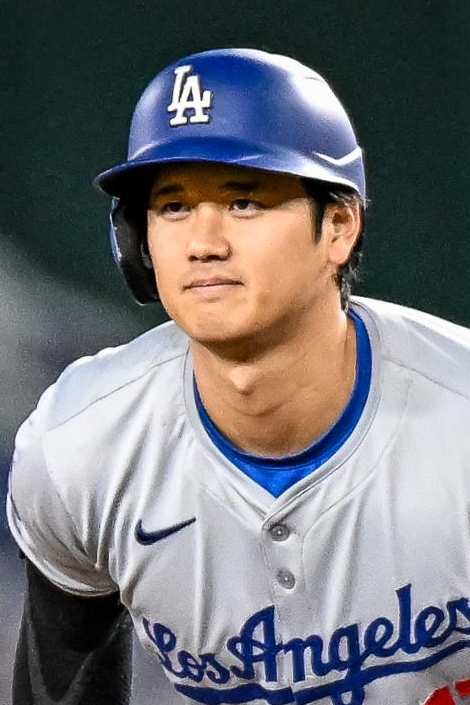
The developers behind the project revealed that they dedicated 11 years to its development before securing Ohtani’s endorsement. This pivotal endorsement deal, signed in 2023, was considered “one of the most high-profile endorsements imaginable,” a strategic move intended to elevate the project’s profile significantly.
Indeed, the marketing strategy hinged heavily on Ohtani’s global appeal, particularly within a crucial demographic. The investment brochure underscored this, noting, “This partnership with Ohtani will elevate the demand and create buzz within the Japanese luxury vacation home market, which is a primary target audience for the project.” The anticipation was that Ohtani’s association would be transformative.
The developers projected that Ohtani’s homeownership would have a profound effect on the project’s visibility and sales trajectory. They stated, “We see Shohei Ohtani’s homeownership as having a significant impact on the global exposure of the project and expect to accelerate the pace of sales, thereby helping us achieve our pricing objectives.” This highlights the immense value attributed to his personal and promotional involvement.
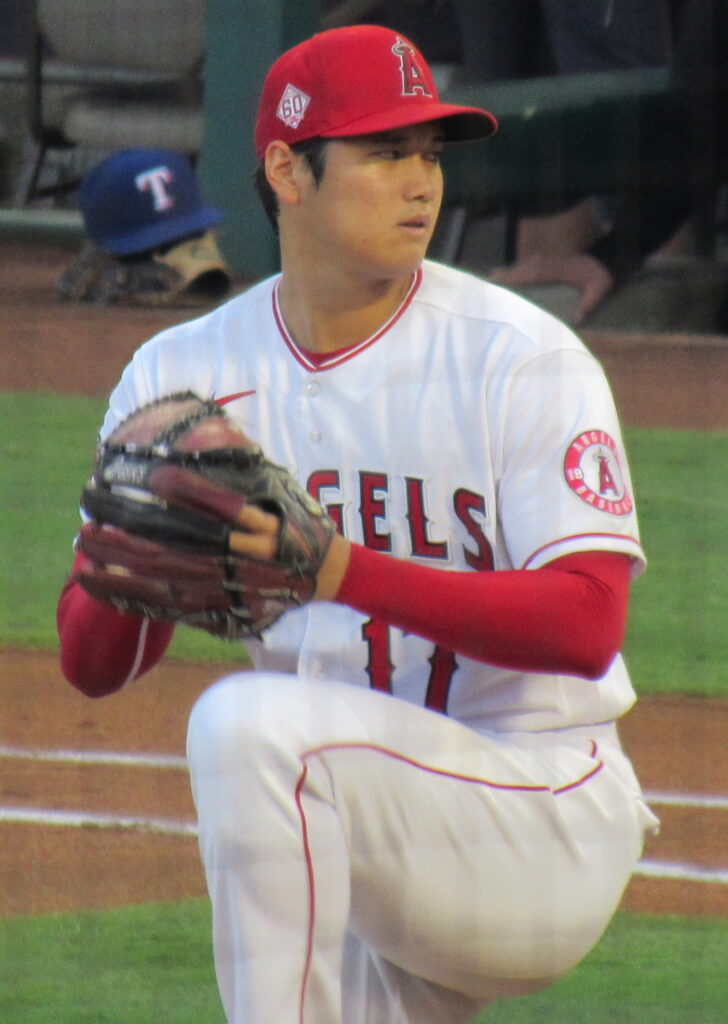
According to the lawsuit, the dynamics of the partnership began to shift dramatically following Ohtani’s endorsement. The complaint alleges that Nez Balelo “quickly became a disruptive force,” introducing an element of instability to the meticulously planned venture. His alleged behavior marked a turning point in the business relationship.
The suit details Balelo’s purported tactics, claiming he “treated the Endorsement Agreement as a one-way street and responded to business matters with stonewalling or hostility.” It further elaborates on his alleged method of leverage, stating, “Whenever challenged, Balelo resorted to his go-to tactic: threat of default. On numerous occasions, Plaintiffs were told that unless they conceded to Balelo’s ever-increasing demands, Ohtani would walk away from the deal.
These alleged threats seemingly influenced the project’s primary business partner, Kingsbarn Realty Capital. The lawsuit contends that “Kingsbarn began capitulating to Balelo’s every whim,” suggesting a prioritization of their relationship with the high-profile client over existing contractual obligations. This shift in loyalty, as described by the plaintiffs, proved detrimental to their interests.

The culmination of these alleged pressures occurred last month, in what the lawsuit terms “a coordinated ambush.” Hayes and Matsumoto were abruptly terminated from the project by Kingsbarn. This swift action, according to the suit, was directly linked to Balelo’s demands.
The plaintiffs assert that Kingsbarn’s representatives “openly admitted during the call that Balelo had demanded the terminations and that they were being done solely to placate him.” This alleged admission serves as a critical piece of evidence for Hayes and Matsumoto, underpinning their claim of wrongful termination.
As a direct consequence of their removal, Hayes and Matsumoto face substantial financial losses. The lawsuit indicates that the “Plaintiffs stand to lose millions of dollars in compensation tied to projected homebuilding profit, construction management fees, and broker commissions.” This underscores the significant economic impact of their alleged ouster from the project.
Adding another layer to the complex allegations, the lawsuit claims that a “fabricated allegation” was used as a pretext for their termination. Specifically, it suggests that the plaintiffs were accused of misusing Ohtani’s name, image, and likeness (NIL) rights by incorporating his image on a promotional website for the project. NIL rights are highly valuable to prominent sports figures, and such an accusation could provide a seemingly legitimate basis for dismissal.
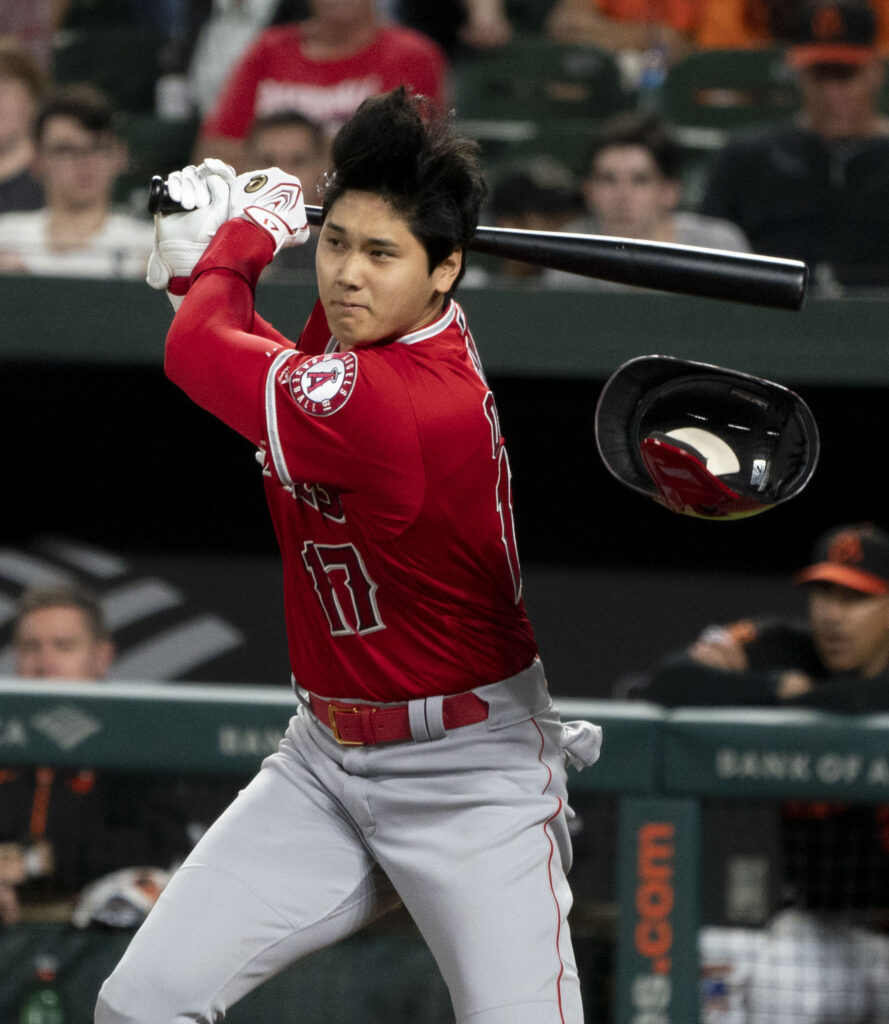
Shohei Ohtani, at 31 years old, stands as arguably the most heralded international star in baseball history since his arrival from Japan in 2018. His unparalleled ability to excel as both a pitcher and a hitter has made him extraordinarily valuable to any team he joins. His impressive career includes being a five-time All-Star and a three-time Most Valuable Player, cementing his status as a premier athlete.
His monumental talent culminated in a record-setting 10-year, $700 million contract with the Los Angeles Dodgers prior to last season. This historic deal, which significantly deferred most of the payments, was widely reported as the largest in baseball history, though its present-day value is closer to $462 million for the 2023-24 period due to this structure. Furthermore, he played a crucial role in helping the Dodgers secure the 2024 World Series title, adding another major achievement to his illustrious career.
Despite the specific claims made in the lawsuit, the public response from the defendants’ representatives has been limited. A spokesman for Balelo’s agency, CAA Baseball, has declined to issue a comment regarding the ongoing litigation. This silence from Ohtani’s direct representatives leaves many questions unanswered as the legal proceedings unfold.

Kingsbarn Realty Capital, the business partner central to the alleged terminations, has publicly addressed the claims. In a statement provided to The Associated Press, the company declared the allegations “completely frivolous and without merit.” While denying the overall validity of the suit, Kingsbarn did acknowledge its role in the personnel changes.
The company’s statement also included an acknowledgment of responsibility for its actions. Kingsbarn takes full responsibility for its actions regarding Kevin Hayes and for removing Tomoko Matsumoto as the project’s broker,” the company stated. This complex stance acknowledges the terminations while simultaneously dismissing the broader allegations of sabotage and abuse of power.
Meanwhile, Ohtani himself has been publicly associated with the Hawaiian development through promotional materials. In a 2024 press release for The Vista at Mauna Kea Resort, which targets both Japanese and U.S. high-end buyers, Ohtani was quoted expressing his fondness for the locale. His statement read: “To me, Hawaii is a beautiful blend of Pacific Ocean cultures. Here, I found my own paradise at Mauna Kea Resort: Two perfect beaches, two amazing golf courses, and so much more. I selected my homesite and am building my winter home here. This is a special place – a place I will soon call home.”

This lawsuit places a spotlight on the intricate and often opaque world where celebrity, high-value real estate, and powerful agents converge. The plaintiffs’ argument hinges on the idea that even individuals of immense fame and influence, such as Shohei Ohtani, and their agents, are not exempt from the fundamental principles of fair dealing and contractual obligations. The case raises pertinent questions about the responsibilities that accompany significant celebrity leverage in business ventures, particularly when the stakes involve millions of dollars and years of development work.
As the legal process moves forward, the Hawaii Circuit Court will be tasked with untangling a complex web of business relationships, alleged misconduct, and the interplay of fame and financial interests. The outcome of this case could set a precedent for how celebrity endorsements are managed in high-value projects and the extent to which agents can exert influence on behalf of their star clients without crossing legal boundaries. This litigation promises to be a closely watched development, serving as a reminder that the rules of accountability are intended to apply universally.
The plaintiffs, Hayes and Matsumoto, are seeking to expose what they perceive as misconduct and ensure that established legal principles prevail, irrespective of the defendants’ prominent status. Their pursuit of compensation for millions of dollars in lost earnings and commissions highlights the severe consequences they allege have resulted from the actions of Ohtani and Balelo. The court’s eventual findings will offer a clearer picture of whether these allegations hold true under legal scrutiny, potentially impacting future celebrity-involved business endeavors across various industries. The resolution of this dispute will undoubtedly leave a lasting impression on the intersection of sports, business, and law.
In the ever-evolving landscape of high-profile business dealings, this lawsuit serves as a poignant reminder of the complexities inherent in partnerships where celebrity influence is a key component. The claims of “abuse of power” and the demand for accountability underscore the critical importance of transparent and equitable practices, regardless of who sits at the negotiating table. The world will be watching to see how the scales of justice ultimately balance in this compelling legal saga from the heart of Hawaii’s luxury real estate market.

The current season sees Ohtani continuing his stellar performance on the field. In 2025, he is hitting .284 with 42 home runs and 78 RBI for the NL West leaders, demonstrating his ongoing value to the Los Angeles Dodgers. His return to pitching has also been notable, compiling a 179 ERA+ with a 5.00 strikeout-to-walk ratio across 19 innings and eight starts. These athletic achievements stand in stark contrast to the legal challenges now unfolding away from the diamond, illustrating the multifaceted life of a global sports icon.
The ongoing legal proceedings, initiated by the filing on Friday in Hawaii Circuit Court, highlight the rigorous scrutiny that can accompany fame and wealth. While portions of the 13-page civil complaint remain redacted, the publicly available details provide a glimpse into the depth of the plaintiffs’ grievances. This legal battle is poised to be a significant test of contractual integrity and ethical business conduct within the realm of high-stakes celebrity endorsements.
The suit filed by Hayes and Matsumoto also touches upon the broader implications of agent power, particularly concerning high-value contracts like Ohtani’s. The description of Balelo as a “high-powered agent at Creative Artists Agency” who “inserted himself into every aspect of the relationship” suggests a level of control that, according to the plaintiffs, became detrimental. This case could prompt wider discussions within the industry about the scope and limits of agent influence.
As the legal process unfolds, observers will be keen to understand the specific evidence presented to support the claims of “tortious interference” and “unjust enrichment.” These legal terms refer to interference with a contract or business relationship and the retention of a benefit at another’s expense, respectively, concepts that are central to the plaintiffs’ arguments. The case thus delves into fundamental aspects of business law, applying them to the unique context of celebrity-driven ventures.
This lawsuit represents a crucial test of the assertion that “rules of contract, fair dealing, and accountability apply equally to all—celebrity or not.” The resolution will undoubtedly shape perceptions of fair play in the intersection of sports, business, and the law, leaving a lasting mark on the conduct of future high-profile endorsement deals.

